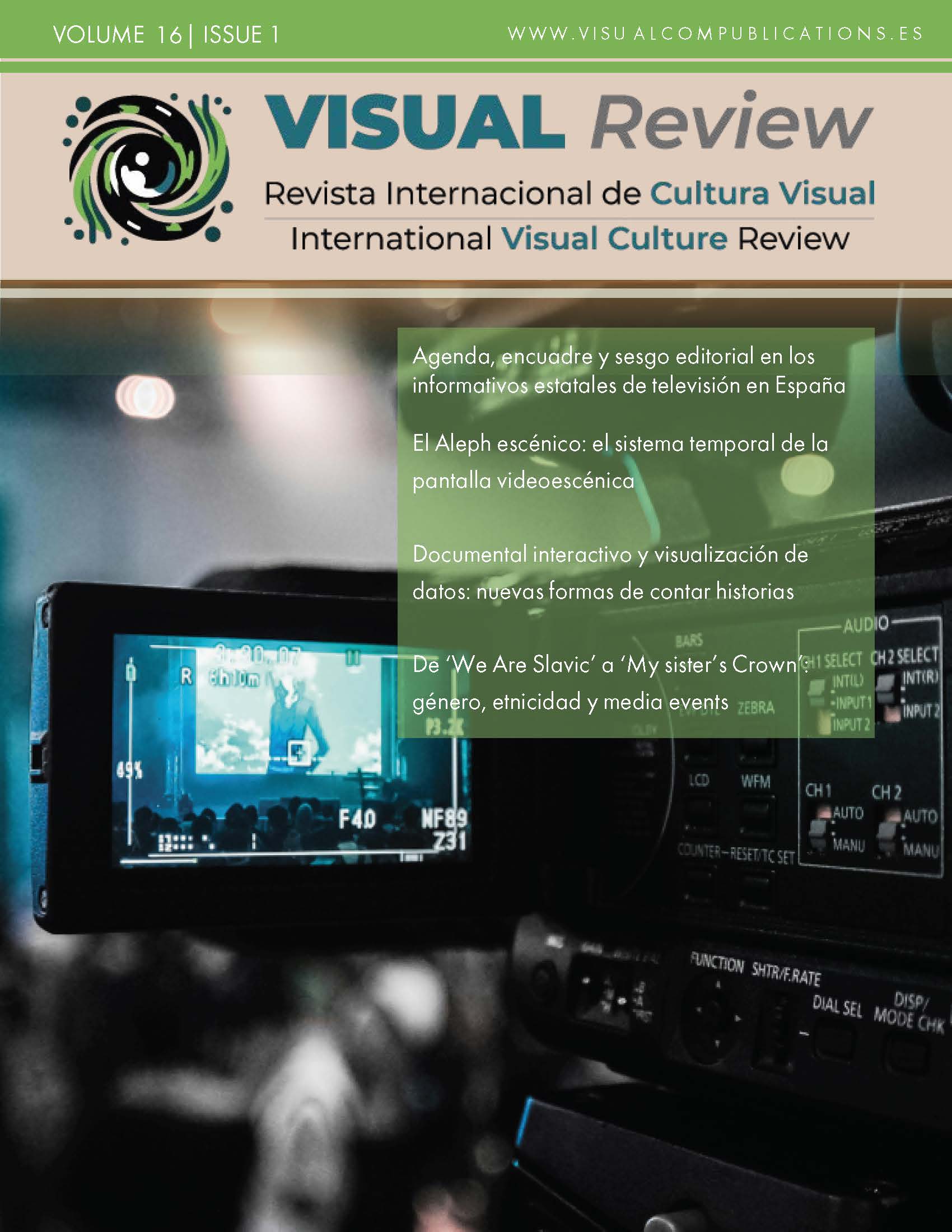Whatsapp Panic Attitudes and Practices Facing the Application's Downtime
DOI:
https://doi.org/10.62161/revvisual.v16.5166Keywords:
WhatsApp, Software Cultural Studies, Digital Generation, Noo-politics, Social NetworkingAbstract
This study investigates the attitudes and practices of WhatsApp users in response to Facebook's global service outage in October 2020. It is framed within cultural software studies and examines how users experience and relate to social networking platforms. The research also explores the generational dimension in the use of technology and its impact on social relationships.
Downloads
Global Statistics ℹ️
|
481
Views
|
102
Downloads
|
|
583
Total
|
|
References
ARCOTEL - SIETEL. (2021). Cuentas y usuarios del servicio de acceso a Internet - Mayo 2021. Quito: Agencia de regulación y control de las telecomunicaciones.
Bangkok Post. (2021, 6 de octubre). Why did Facebook, Instagram and WhatsApp shut down? https://www.bangkokpost.com. https://www.bangkokpost.com/life/tech/2193319/why-did-facebook-instagram-and-whatsapp-shut-down-
BBC News. (2021, 5 de octubre). Facebook, Whatsapp and Instagram back after outage. BBC News. https://www.bbc.com/news/technology-58793174
Bennett S., Maton, K., y Kervin L. (2008). The ‘digital natives’ debate: A critical review of the evidence. British Journal Of Educational Technology, 39(5), 775-786. https://doi.org/10.1111/j.1467-8535.2007.00793.x DOI: https://doi.org/10.1111/j.1467-8535.2007.00793.x
Diario El Comercio (2021, 5 de octubre). WhatsApp, Facebook e Instagram registran caídas a escala mundial. El Comercio.
https://www.elcomercio.com/tendencias/tecnologia/problema-caida-whatsapp-facebook-internet.html
Gehl, R. W. (2014). Reverse engineering social media: Software, Culture, and Political Economy in New Media Capitalism. Temple University Press.
INEC. (2021, 6 de octubre). INSTITUTO NACIONAL DE ESTADÍSTICAS Y CENSOS. Obtenido de Ecuador en Cifras: www.ecuadorencifras.com
Janardhan, S. (2021, 4 de octubre). Update about the October 4th outage. Engineering At Meta. https://engineering.fb.com/2021/10/04/networking-traffic/outage/
Kirschenbaum, M. (2012). Mechanisms: New Media and the Forensic Imagination. Cambridge: MIT Press.
Lazzarato, M. (2006). Por una política menor. Madrid: Traficantes de sueños.
Manovich, L. (2001). The Lenguage of New Media. Cambridge: MIT Press.
Marx, K. (1973). Grundrisse. London: Penguin Books.
Sierra Bravo, R. (2004). Investigación Social. Madrid: Cátedra.
Svensson, M. L. (27 de Febrero de 2013). The Survey Bay. Obtenido de www.thesurveybay.com
We are social. (2021). Digital 2021. London: We Are Social.
Wu, T. (2003). Network neutrality, broadband discrimination. Scholarship Archive. https://scholarship.law.columbia.edu/faculty_scholarship/1281 DOI: https://doi.org/10.2139/ssrn.388863
Wu, T. (2018, de diciembre). Antitrust’s Most Wanted. Obtenido de Medium: https://medium.com/s/story/antitrusts-most-wanted-6c05388bdfb7
Wu, T. (2018). The Curse of Bigness: Antitrust in the New Gilded Age. New York, NY: Columbia Global Reports. ISBN 978099974546. DOI: https://doi.org/10.2307/j.ctv1fx4h9c
Zuckerberg, M. (2021, 4 de octubre). Zuck Post. Obtenido de Facebook: https://www.facebook.com/zuck/posts/10113957526871061
Downloads
Published
How to Cite
Issue
Section
License

This work is licensed under a Creative Commons Attribution-NoDerivatives 4.0 International License.
Those authors who publish in this journal accept the following terms:
-
Authors retain copyright.
-
Authors transfer to the journal the right of first publication. The journal also owns the publishing rights.
-
All published contents are governed by an Attribution-NoDerivatives 4.0 International License.
Access the informative version and legal text of the license. By virtue of this, third parties are allowed to use what is published as long as they mention the authorship of the work and the first publication in this journal. If you transform the material, you may not distribute the modified work. -
Authors may make other independent and additional contractual arrangements for non-exclusive distribution of the version of the article published in this journal (e.g., inclusion in an institutional repository or publication in a book) as long as they clearly indicate that the work was first published in this journal.
- Authors are allowed and recommended to publish their work on the Internet (for example on institutional and personal websites), following the publication of, and referencing the journal, as this could lead to constructive exchanges and a more extensive and quick circulation of published works (see The Effect of Open Access).














